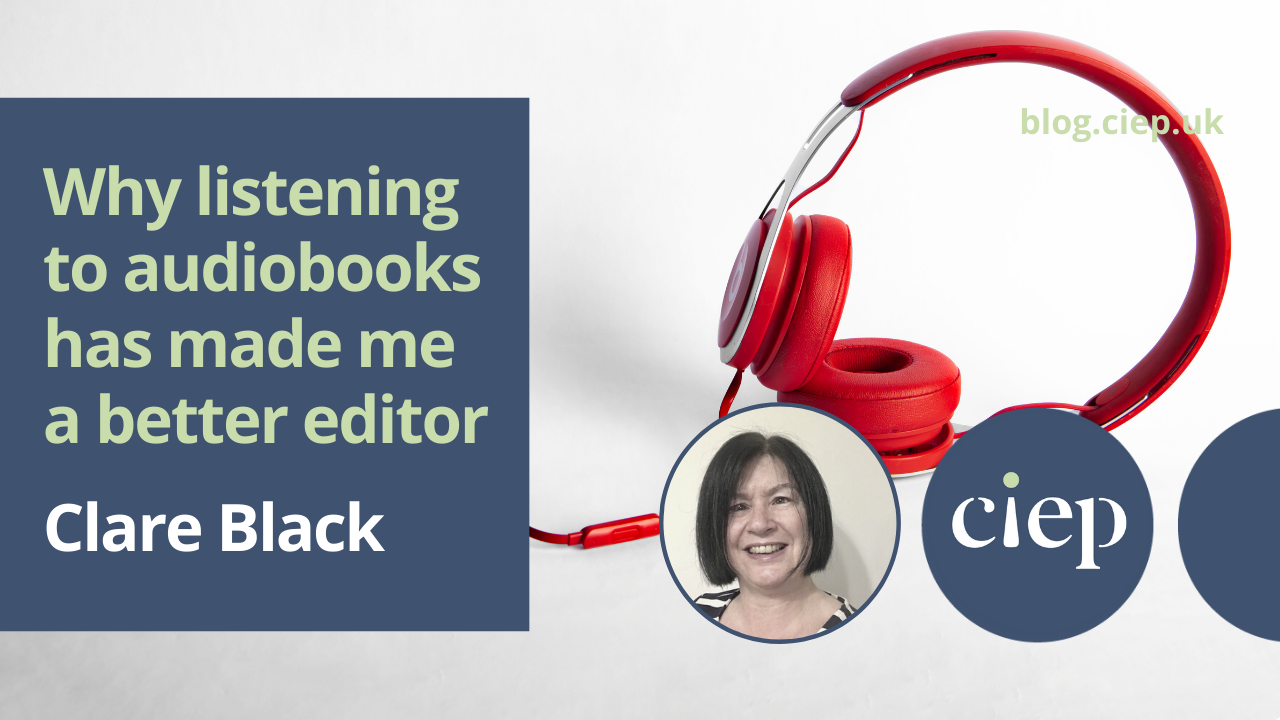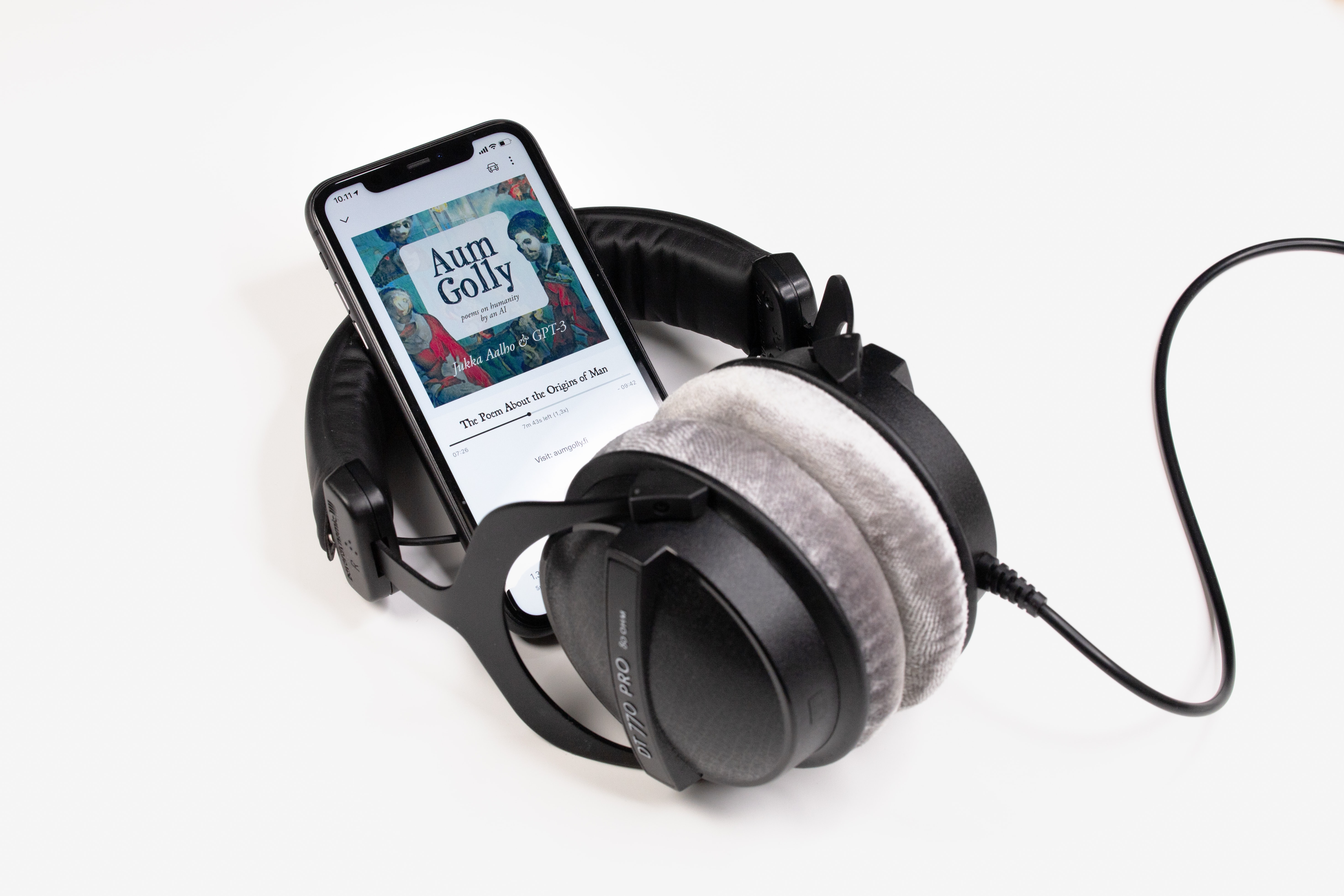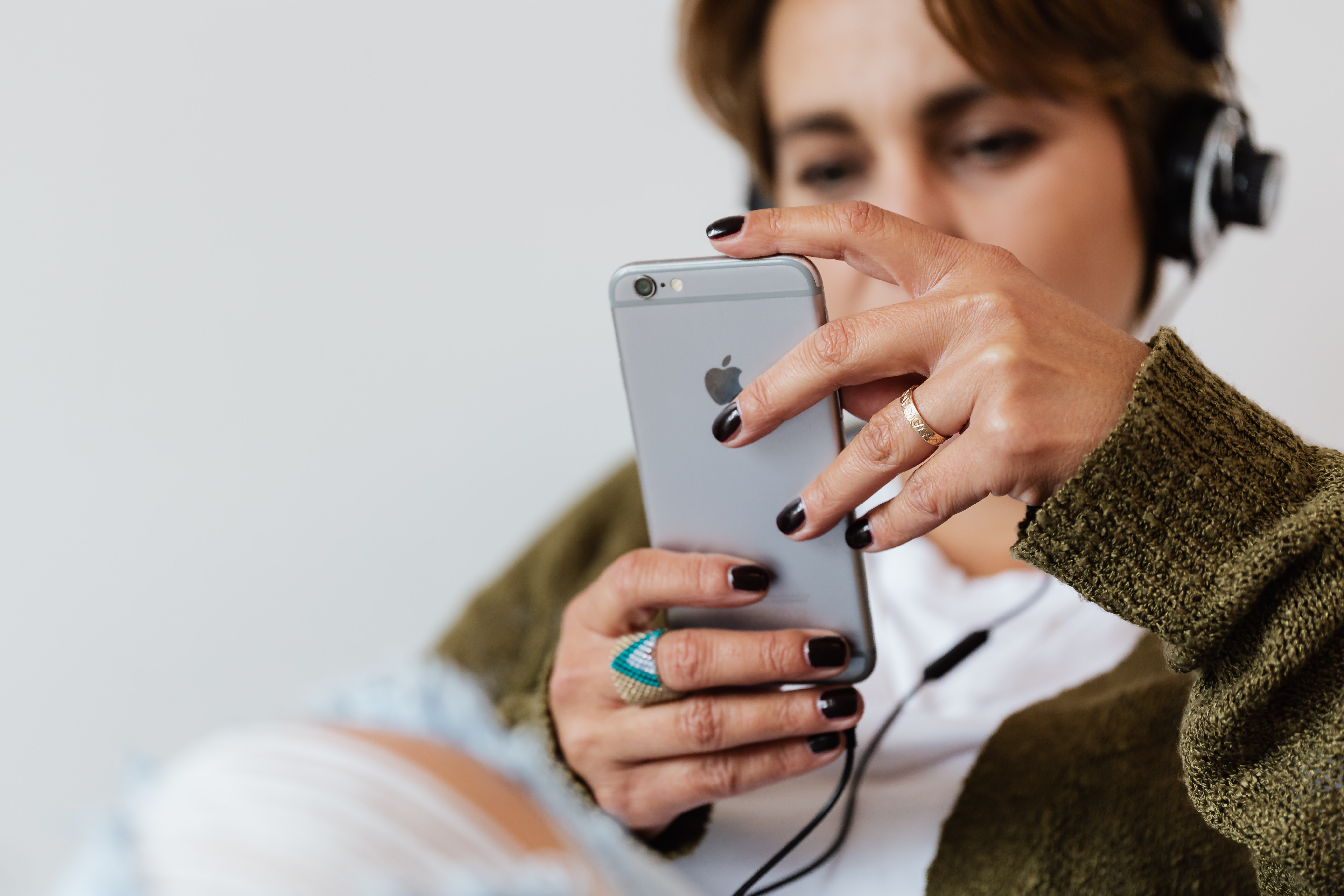Audiobooks have seen a steep rise in popularity over recent years, particularly since the pandemic. In this post, Clare Black discusses why she is passionate about audiobooks and explains why her love of listening has created an opportunity for CPD.
A lifelong love of books
Like most editors, I have an enormous love of books, and I am proud to say I am a lifelong bookworm. My fondest childhood memories relate to books and visits to the local library with my mum and sister for the weekly storytime session. I vividly recall sitting cross-legged on the parquet floor, captivated by the austere librarian and the story they were reading.
Audiobooks are accessible and convenient
Ten years ago I had major eye surgery. Before surgery I usually read a novel a week, and one of my big worries was how I could read while convalescing. The obvious answer was to listen to books instead. I can honestly say that listening to audiobooks got me through those first few tough weeks following surgery. Audiobooks helped to fill the long days and transported me to other worlds when the prospect of being able to read ‘normally’ again seemed a lifetime away. I discovered that listening to a story really brought it alive and gave a deep connection to the characters.
Once I had recovered and was able to resume normal life, I wanted to get back to reading print books again, so my love of audiobooks was put on hold.
Making time for reading can be difficult
After I became self-employed as an editor, I started to read less for pleasure. This happened unconsciously at first, with realisation dawning when I couldn’t recall the last fiction book I had read. At that time, I think reading for enjoyment seemed like a chore rather than a pleasurable activity. This was due mainly to the amount of screen time editing requires, which is inevitably very tiring on the eyes. And I was also guilty of thinking that spending time on business-related activities like admin and marketing was more important. I became aware that the book-shaped hole in my life was making itself more obvious.
I am lucky to have a wonderful little library ten minutes’ walk from my home, so I made an effort to visit more regularly. Borrowing books from the library helped me to get reading again. But I still didn’t make enough time for reading for pleasure as I ended up renewing books several times.
Listening with Borrowbox
On one of my visits to the library, I saw a poster advertising Borrowbox. Borrowbox is an app that allows library members to borrow ebooks and audiobooks through a smartphone or tablet. Books are automatically returned after the loan period, and users can also reserve and renew, just as with conventional library books.
My passion for reading for fun has been rekindled by borrowing audiobooks through Borrowbox. Although the range of audiobooks is not as wide as with ebooks or print books, there is still a broad selection to choose from. This has provided the opportunity to listen to books from genres and authors that I would not have discovered otherwise. One to mention is Gone Fishing by Paul Whitehouse and Bob Mortimer. I love the television series of the same name for its tranquillity and the companionship of this hilarious duo. But I am not a fishing buff, and probably would never have read the printed version of this book. The audiobook appeared as a recommendation on my Borrowbox account, and I am glad that I decided to listen to it. The book is narrated by Bob and Paul, which makes it very entertaining and deeply enjoyable. Reading the print version would not have given me so much laughter.
Audiobooks improve mental and physical health
I would go as far as to say that audiobooks have revolutionised my life, and I take every opportunity when I’m not at my desk to grab a few audio moments. The big win for me with audiobooks is that I can combine listening with other activities. Daily fresh air and exercise are very important to me, and I usually go out for an hour each day. Not only does this help my mental and physical health, but it also means I get to listen to my latest book. And sessions on my cross-trainer are now that bit more bearable.
I still appreciate conventional books and usually have an ebook from Borrowbox or a Kindle book in progress as well. But I tend to get through several audiobooks to one ebook.
Audiobooks can improve editorial skills
Although I have been an audiobook fan for quite some time, thinking of them as a form of CPD occurred to me only recently.
When reading solely for pleasure, I tend to be quite a quick reader, but when listening to an audiobook, I listen at normal talking speed. There is always an option to speed up the recording. but I never choose to do that. As with listening to someone else speak, you need to focus completely on what is being said. For me, hearing the words spoken allows me to immerse myself more deeply in the book.
Listening to audiobooks is a positive learning experience that has developed my critical listening and line-editing skills. I am presently studying a developmental editing for fiction course, and listening to published books is proving an excellent way to apply the theory.
A book I recently enjoyed is Platform Seven by Louise Doughty. I’d describe it as atmospheric, beautifully sad and tinged with joy, and it moved me to tears several times. Reading the print version would not have had the same poignancy. The book uses omniscient point of view, which I didn’t realise before listening. Being able to listen to an omniscient narrator has helped me to understand more about how this point of view is used.
All audiobooks offer opportunities for learning or reinforcing editorial knowledge. I regularly notice elements that I think are handled well. Good pacing and rhythm and flow of sentences are particularly obvious in the narrator’s change of tone and tempo. I also think about how I might have handled some aspects differently if I were the editor. As most editors know, many aspects of editing are subjective and not all editors will handle issues in the same way. Occasionally, I note things that I think are wrong. I would notice some of these issues if I were reading purely for pleasure, but listening means I can enjoy a story and learn at the same time. And, of course, when listening, there are no distracting spelling or punctuation issues.
Many editors, including myself, read aloud when they are editing. We all generally read aloud more slowly than we do when we read silently. I find that reading aloud is effective as it gives a better feel for the text and makes any problems or issues more obvious. It makes sense that this applies when listening to audiobooks.
Another reason I love audiobooks is the way that narrators vary accents and speech patterns for the different characters. Bringing the characters alive in this way makes me feel like I really get to know them. And listening provides an excellent way to note how authors handle characterisation.
Audiobooks are proper books
Some people believe that listening to audiobooks is cheating or not proper reading, but I don’t understand that. By listening to a book, I am still consuming and enjoying its content. As I have mentioned throughout this article, listening to a story really brings it alive for me.
Audiobooks are an ideal solution for anyone who is unable or struggles to read print books. Audiobooks are convenient, allow multitasking, can make a story more poignant and provide an immersive way to enhance editing skills. They are growing in popularity and are here to stay!
About Clare Black
 Clare Black is a Professional Member of the CIEP. She is an aspiring developmental editor, line editor, copy-editor and proofreader specialising in crime, thriller and contemporary fiction. Clare had a varied career before becoming an editor, including working as a solicitor and running a dog-washing business. When not editing, she is usually listening to an audiobook!
Clare Black is a Professional Member of the CIEP. She is an aspiring developmental editor, line editor, copy-editor and proofreader specialising in crime, thriller and contemporary fiction. Clare had a varied career before becoming an editor, including working as a solicitor and running a dog-washing business. When not editing, she is usually listening to an audiobook!
 About the CIEP
About the CIEP
The Chartered Institute of Editing and Proofreading (CIEP) is a non-profit body promoting excellence in English language editing. We set and demonstrate editorial standards, and we are a community, training hub and support network for editorial professionals – the people who work to make text accurate, clear and fit for purpose.
Find out more about:
Photo credits: red headphones by Yarenci Hdz, headphones and phone by Jukka Aalho, both on Unsplash, woman with phone by Karolina Grabowska on Pexels.
Posted by Harriet Power, CIEP information commissioning editor.
The views expressed here do not necessarily reflect those of the CIEP.



